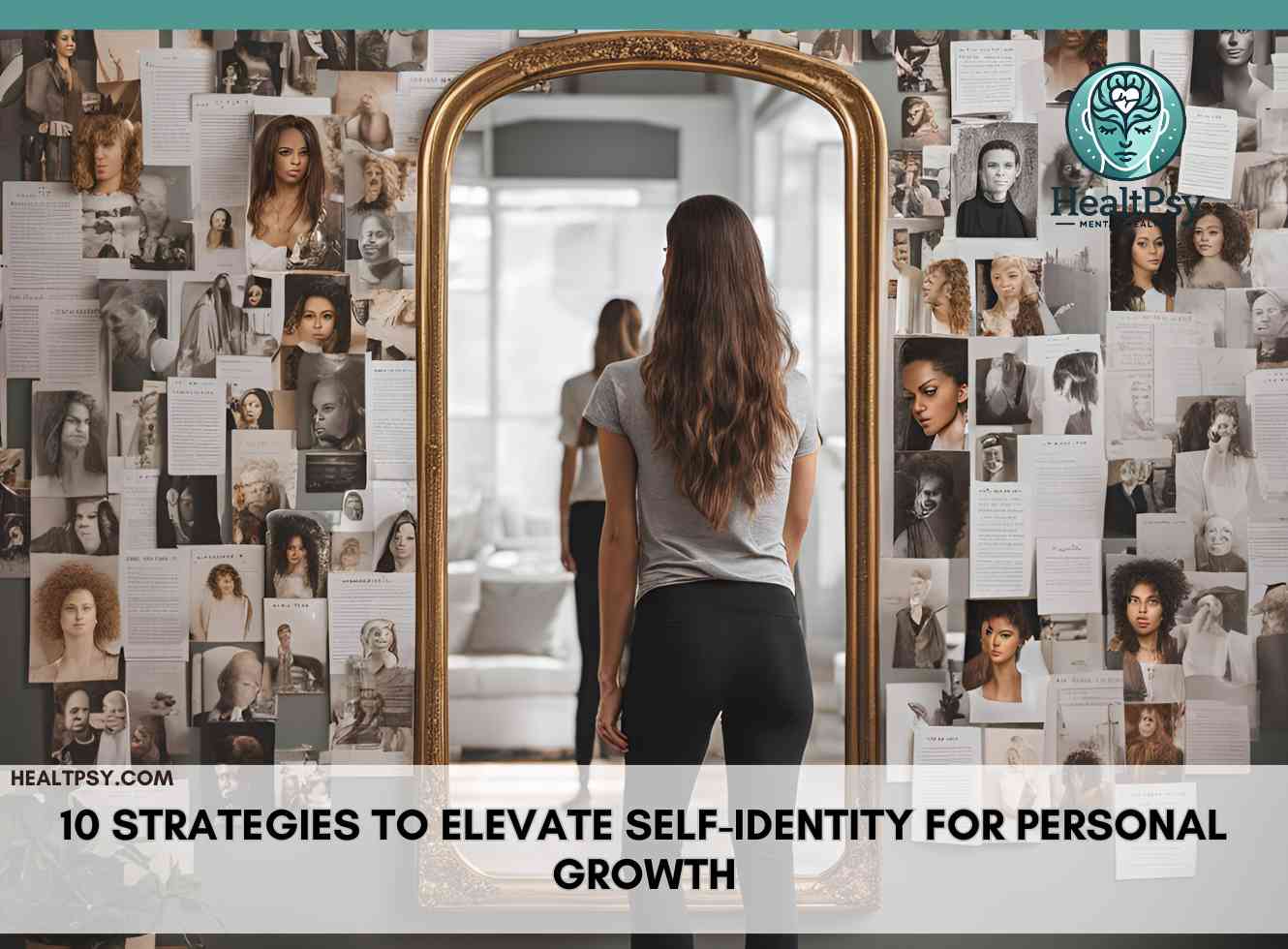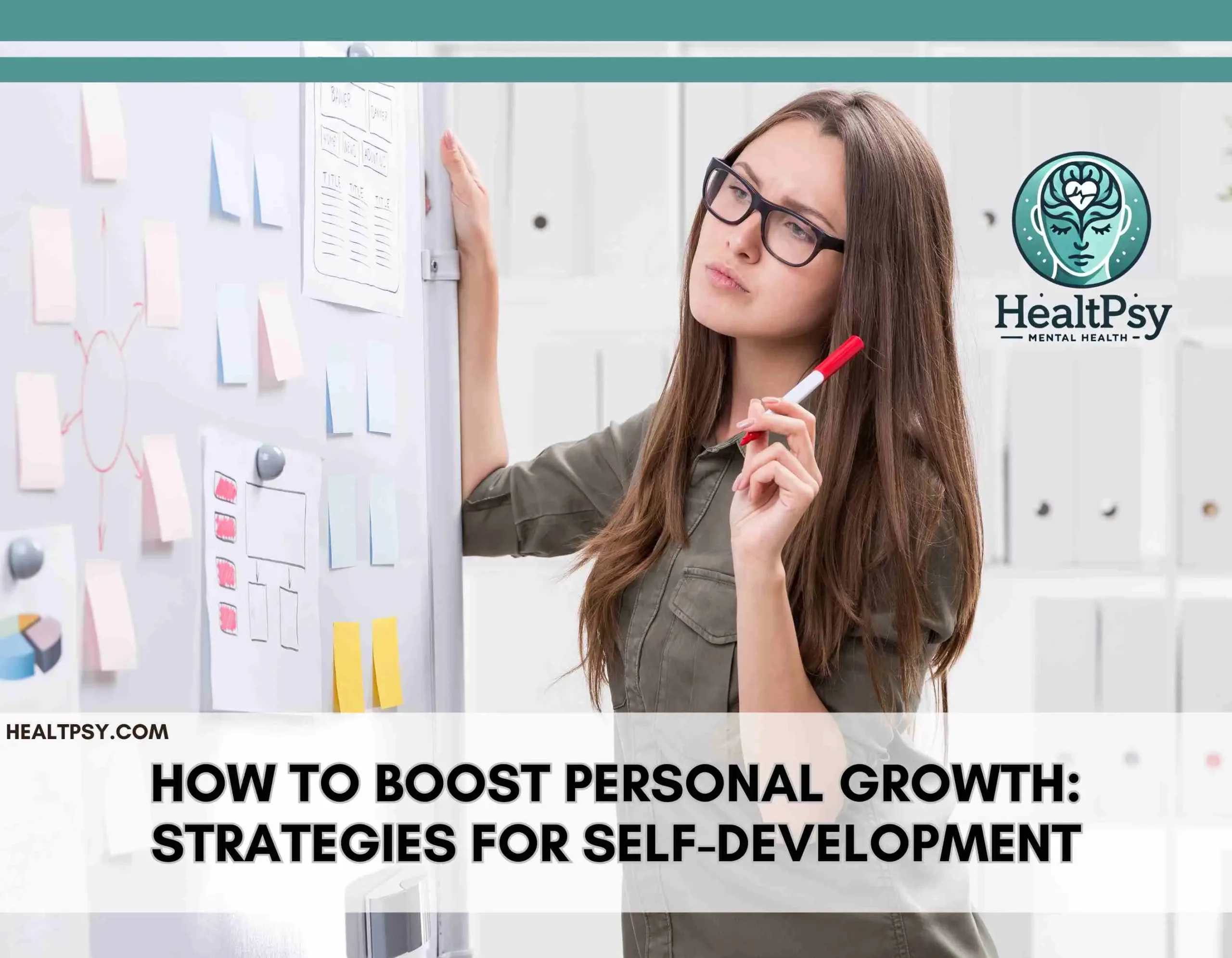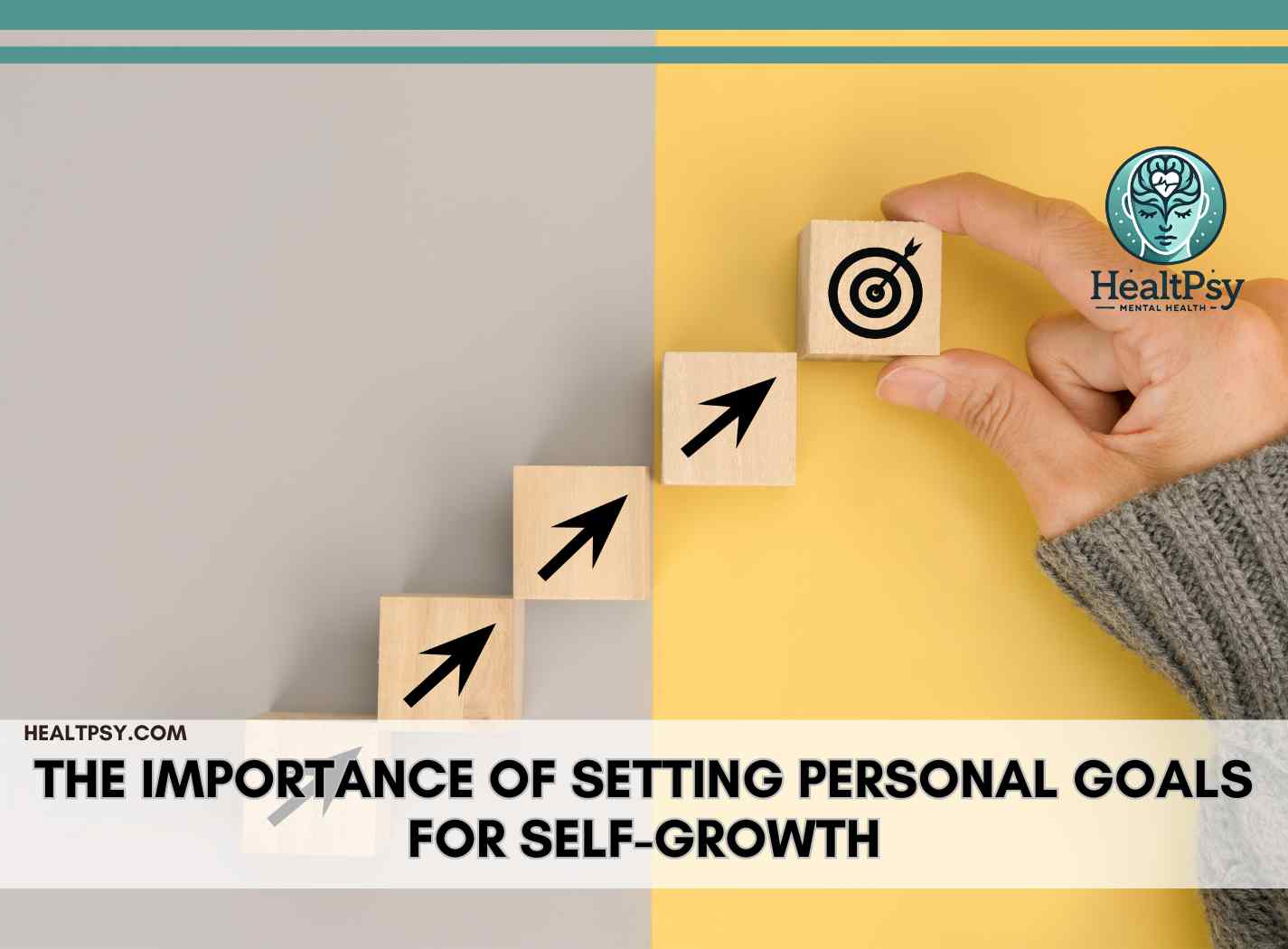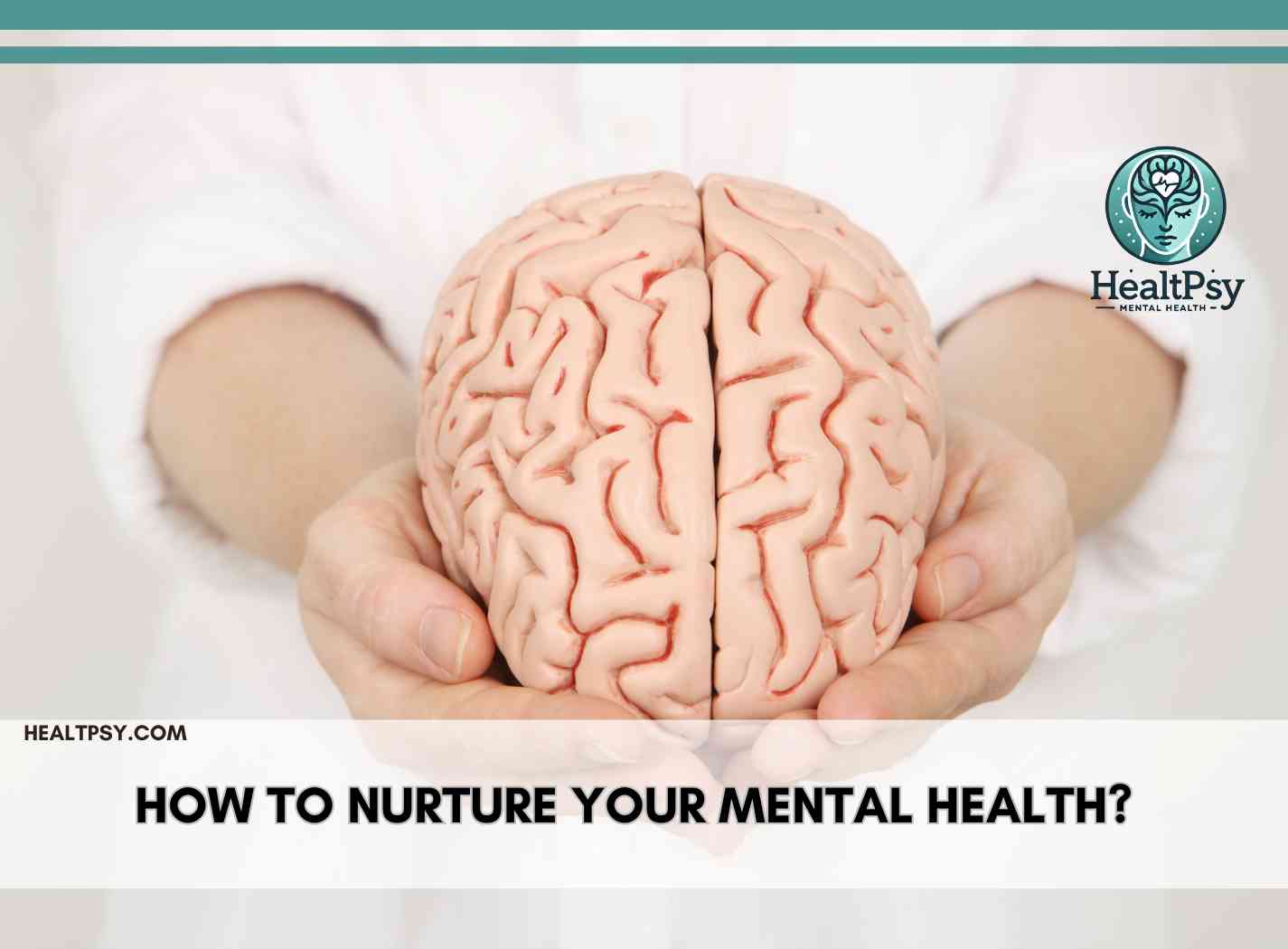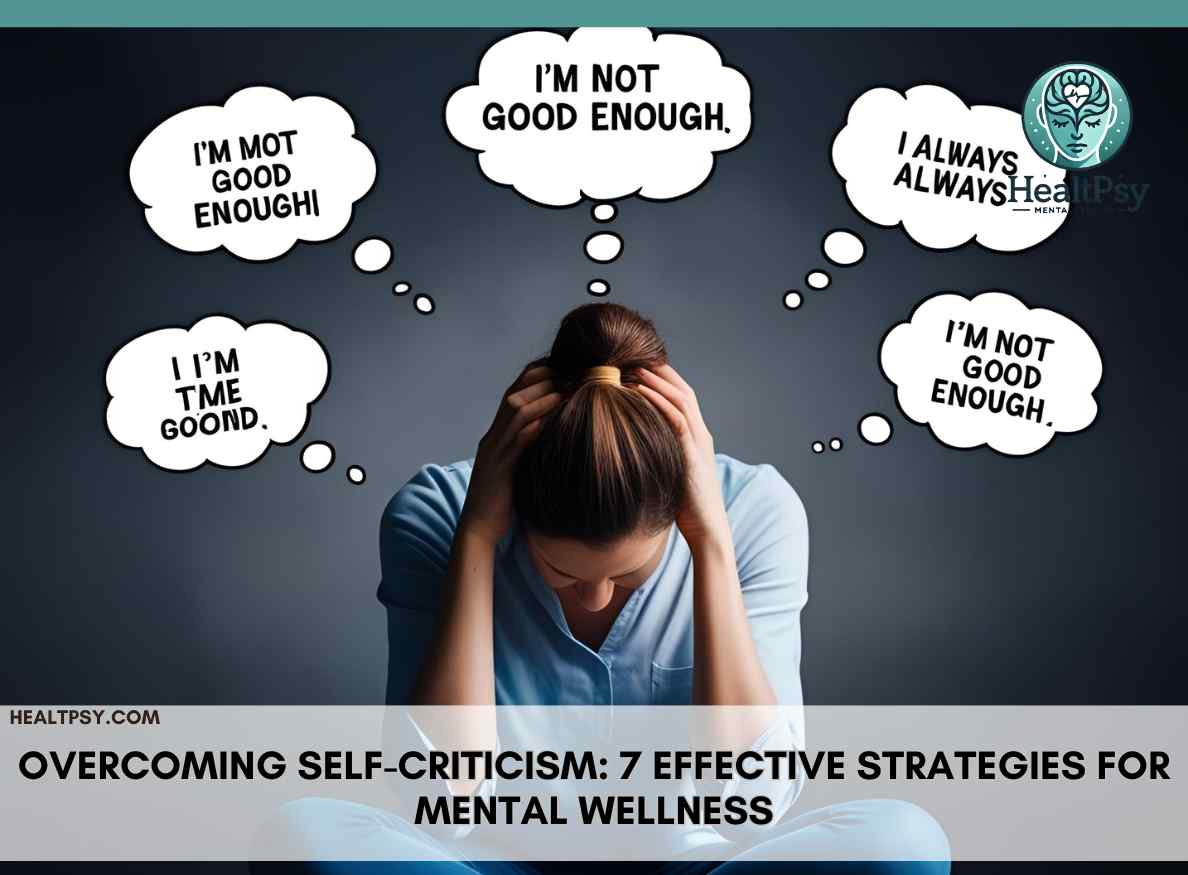10 Strategies to Elevate Self-Identity for Personal Growth
Self-identity and personal growth are fundamentally connected. How you perceive yourself directly influences your actions, behaviors, and ultimately, your achievements. The phrase “You can’t rise above your self-identity” highlights the powerful relationship between self-perception and life outcomes. Understanding and transforming your self-identity is essential for personal growth and achieving your fullest potential. This article explores the importance of self-identity and presents ten effective strategies for reshaping it to unlock unlimited growth opportunities.
Understanding Self-Identity and Its Impact on Personal Growth
Self-identity refers to how you perceive yourself, including your beliefs, values, roles, and experiences. It shapes your thoughts, actions, and emotional responses. According to the American Psychological Association (APA), a well-defined self-identity contributes to emotional well-being, resilience, and self-confidence.
However, if self-identity is rooted in limiting beliefs, it can become a barrier to personal growth. The way you define yourself sets boundaries on what you believe you can achieve. Therefore, reshaping self-identity is crucial for breaking through personal limitations and achieving success.
📌 For more on personal growth, visit Personal Growth and Self-Development.
🔗 External Source: APA – Understanding Self-Identity
The Components of Self-Identity
Self-identity is a complex construct shaped by multiple components:
1. Personal Identity
This includes individual traits such as personality, preferences, and lifestyle choices. It represents your unique characteristics and defines who you are as an individual.
2. Social Identity
Social identity refers to how you perceive yourself in relation to social groups, such as nationality, ethnicity, gender, age, and professional affiliation. It influences your beliefs, behaviors, and how you relate to others.
3. Cultural Identity
Your cultural background influences your values, traditions, and worldview. Understanding cultural identity helps you navigate diverse social contexts and contributes to a more inclusive self-perception.
4. Spiritual Identity
Your beliefs about spirituality or religion form a critical part of self-identity, offering purpose, meaning, and moral guidance.
📌 Explore related content in Psychological Support and Therapy.
The Formation of Self-Identity
Self-identity is shaped through experiences, relationships, and external influences. From childhood, inputs from family, peers, schools, and society shape self-perception. Life events, successes, and failures further contribute to self-identity. Over time, these experiences become internalized, solidifying self-concept and influencing behaviors.
🔗 External Source: Psychology Today – Self-Identity Development
Fixed vs. Growth Mindset: A Key to Self-Identity Transformation
Psychologist Carol Dweck introduced the concepts of fixed and growth mindsets, which are pivotal in understanding self-identity:
- Fixed Mindset: Believing that abilities and intelligence are static, leading to a fear of failure and avoidance of challenges.
- Growth Mindset: Viewing challenges as opportunities for growth and believing in the potential to develop skills over time.
Adopting a growth mindset allows individuals to reshape self-identity by embracing change, learning from failures, and pursuing continuous self-improvement.
📌 Learn more about growth mindset in Building Psychological Resilience.
🔗 External Source: Mindset Works – Growth Mindset
The Limitations of a Rigid Self-Identity
A rigid or negative self-identity can hinder personal growth in several ways:
1. Self-Sabotage
A negative self-identity can lead to self-sabotaging behaviors, consciously or unconsciously undermining success. This cycle reinforces negative self-image and perpetuates low self-esteem.
2. Fear of Failure
A restrictive self-identity amplifies the fear of failure, leading to inaction and missed opportunities for growth.
3. Limiting Beliefs
Limiting beliefs create mental barriers that prevent exploration of potential and confine individuals to self-imposed limitations.
4. Social Comparison
Social comparison can distort self-perception, leading to feelings of inadequacy. In the age of social media, this can trap individuals in a negative self-concept.
🔗 External Source: Verywell Mind – Self-Sabotage
10 Strategies to Elevate Self-Identity for Personal Growth
- Practice Self-Reflection
- Positive Affirmations
- Embrace Challenges
- Surround Yourself with Positivity
- Reframe Failures as Opportunities
- Set Realistic Goals
- Cultivate Emotional Awareness
- Seek Continuous Learning
- Align Actions with Values
- Celebrate Achievements
Conclusion
Self-identity and personal growth are deeply interconnected. By consciously reshaping self-identity, individuals can overcome limitations, unlock potential, and achieve personal and professional success. The journey to personal growth starts with self-awareness, embracing challenges, and continuously evolving self-identity.
📌 For more on emotional well-being, visit Mental Health and Digital Well-Being.
you might also like

